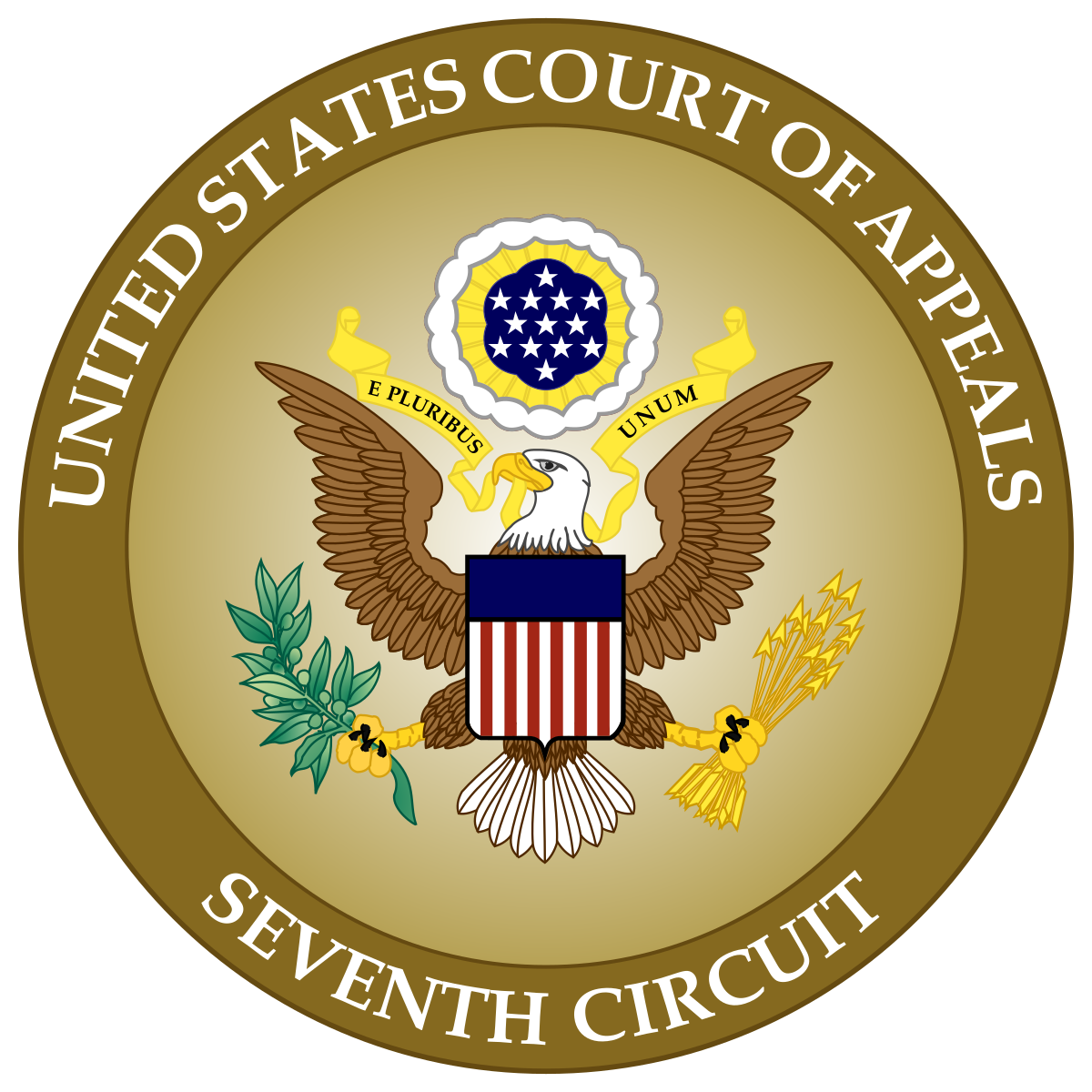Originally published on Forbes.com Oct 2nd, 2014
Samuel Johnson is said to have remarked that -Every man thinks meanly of himself for not having been a soldier or been to sea. Over two centuries later the phenomenon persists sometimes causing men to fabricate military experience. The fabricators can really aggravate actual veterans enough to motivate groups like Stolen Valor, who will expose phony Navy Seals and the like. Somehow somebody pretending to be a CPA rather than a combat ranger just does not stir up the same type of emotions at least not in this non-veteran CPA. Nonetheless, that type of deception can have the potential of doing more harm than phony war stories.
Michael Shamrock and Victoria Bigg, who were the victims of a CPA impersonation thought both the IRS and the Tax Court should have taken it quite a bit more seriously than they did. The Seventh Circuit vindicated them. Here is the story.
Mr. Shamrock and Ms. Bigg had filed a petition with the Tax Court, pro se, disputing a $170,000 notice of deficiency. They hired Grant Niehus to represent them before the IRS and Tax Court. Mr. Niehus represented himself as being a lawyer and a CPA. It turned out that even though he had been to law school, he had not been authorized to practice law since 2009 and he was not a CPA at all.
Mr. Niehus had negotiated stipulations that included an agreement to take only 50% of a $435,751 deduction for real estate losses. After signing the stipulations, Mr. Shamrock and Ms. Bigg learned of the deception. They hired Sheldon Drobny as their representative. Mr. Drobny was a CPA and authorized to practice before the IRS and the Tax Court. Mr. Drobny requested that the stipulation be set aside.
According to Drobny, the petitioners’ $435,751 loss should have been fully deductible, but Niehus had convinced them to accept only a 50% deduction because he was unprepared for trial.
IRS counsel and the Tax Court were unimpressed.
The Commissioner responded by instead asking the Tax Court to enter a decision based on the parties’ stipulations. Rather than call attention to the fact that Niehus also had lied to the IRS and misled the Tax Court about his credentials, counsel for the Commissioner took the position that any bad advice Niehus had given the petitioners “does not matter” because, as it turned out, he wasn’t “even petitioners’ counsel in any official capacity … and had no formal authority to act before the Court.” The Tax Court, without any further inquiry, granted the Commissioner’s motion for the “reasons stated” by the Commissioner.
The Seventh Circuit was kind of harsh in its judgement of the Tax Court.
The judge abused her discretion.
Yikes. There is more.
The Commissioner makes much of the fact that the petitioners did not have a right to effective assistance of a lawyer in their civil tax case. As we understand the Commissioner’s argument, a taxpayer should be bound by any stipulation induced by his representative’s deceit so long as the Commissioner was unaware of the fraud. That contention simply refuses to accept that stipulations must be set aside when “justice requires,”and does not resolve whether these petitioners have articulated a valid reason to set aside the stipulation relating to the 2009 loss. Even though the petitioners had no right to an effective lawyer, the petitioners and even the Commissioner’s counsel all believed they were dealing with an attorney authorized to represent taxpayers before the IRS and the Tax Court. The Commissioner minimizes that deception, but the Tax Court should have evaluated whether it provided good cause to set aside the petitioners’ stipulations.
Just Wondering
Whenever I get a client to sign Form 2848 – Power of Attorney and Declaration of Representative, I include my license number, which is pretty easy to check both in Massachusetts and Florida, probably every other state too. That internet is a wonderful thing. So I’m wondering why the IRS doesn’t check or at least did not in the case of Mr. Niehus. Nonetheless, if you are hiring somebody to represent you, it would probably be a worthwhile exercise to see if they actually have the licenses that they claim before you hire them. Regardless, I’m glad that the Seventh Circuit ruled the way that it did in this case.
































































































Trackbacks/Pingbacks